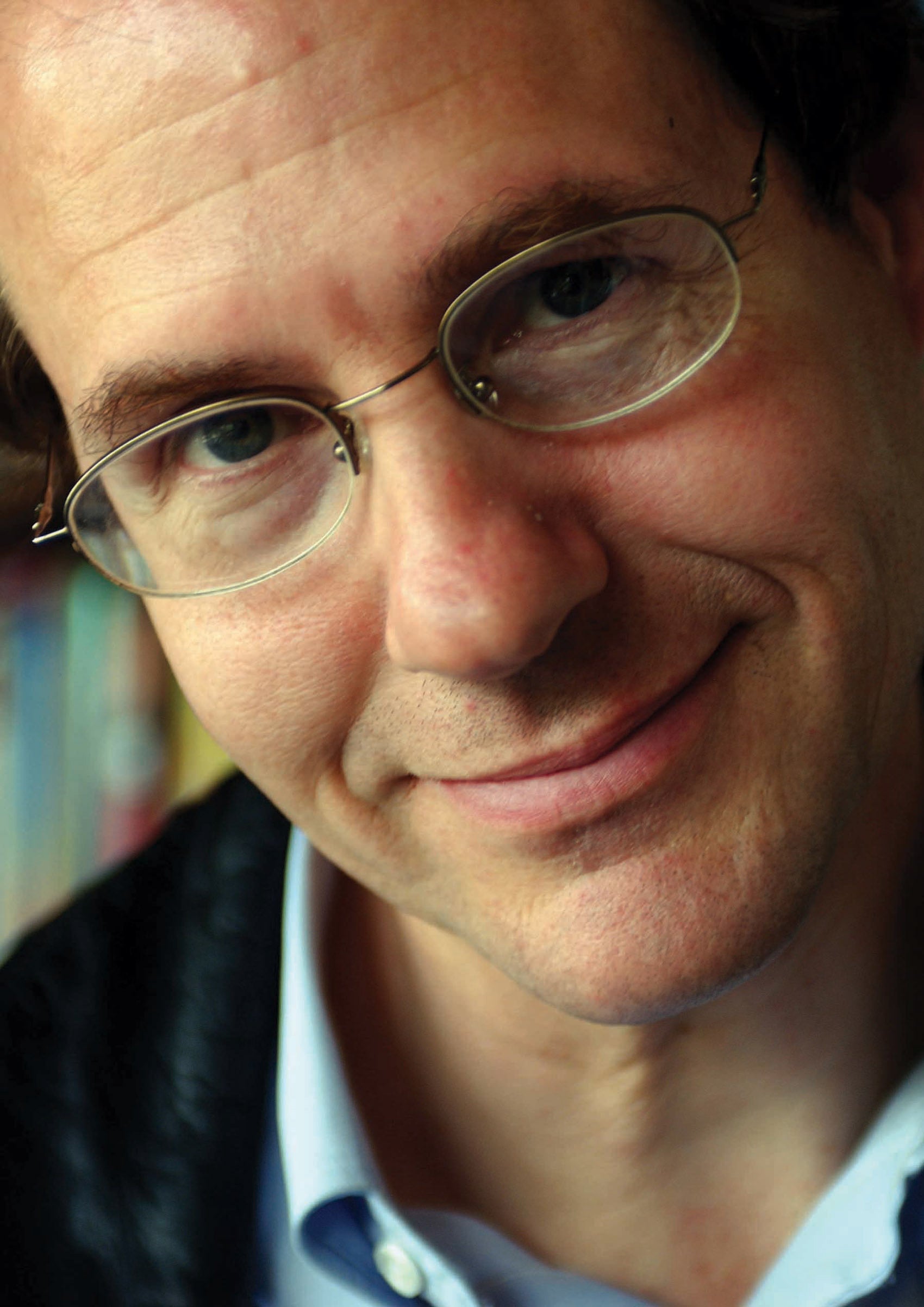The following article, “Judicial Partisanship Awards,” written by Harvard Law School Professor Cass Sunstein ’78, was published in the Washington Independent on July 31, 2008.
Who are the real activists on the U.S. Supreme Court? Do Republican appointees differ from Democratic appointees? How much? Are federal judges political?
I have been studying these issues with several colleagues, including Thomas Miles, an economist and lawyer at the University of Chicago Law School, for a number of years now. One big question: Do judges show a political bias? We also wanted to see what any bias might tell us about how judges might rule in the future – under, for example, an Obama or McCain administration.
We catalogued thousands of judicial decisions — well over 20,000– to analyze this. We looked for partisan bias by studying whether and when judges vote to uphold decisions of federal agencies, in areas including environmental protection, labor, telecommunications, discrimination and occupational safety.
We investigated which members of the Supreme Court are the most partisan — in that they are more likely to vote in favor of conservative agency decisions than liberal ones. (Because Chief Justice John Roberts and Justice Samuel Alito have been on the court only a short time, we did not include them because we had too little data.) We wanted to see if some justices are more political in their voting patterns than others – and also learn something about how future administrations are likely to fare in the Supreme Court.
We used a simple test to decide whether an agency’s decision should be counted as liberal or conservative. If a decision was challenged by a public-interest group, like the Sierra Club or Environmental Defense, we counted it as conservative. If it was challenged by a corporation, like Exxon or General Motors, we counted it as liberal.
We used this method because the relevant question is not whether an agency’s decision is liberal or conservative in the abstract — it is how and why that decision is challenged in its context. In addition, though we had many students working on this, we read every decision ourselves, making adjustments when our method led to errors.
We wanted to know: Is it true that liberal justices are more partisan than conservatives? Who is the most partisan member of the Supreme Court? Who the most neutral?
Our answers: Justice Clarence Thomas wins the Partisanship Award. Justice Anthony M. Kennedy wins the Neutrality Award.
View the detailed resultsof Sunstein’s study of judicial partisanship.
Cass R. Sunstein is Felix Frankfurter Professor of Law at Harvard Law School. His most recent book, which he co-wrote with Richard Thaler, is “Nudge: Improving Decisions about Health, Wealth, and Happiness.” His books include “Are Judges Political? An Empirical Analysis of the Federal Judiciary” and “The Second Bill of Rights: FDR’s Unfinished Revolution and Why We Need It More Than Ever.”
